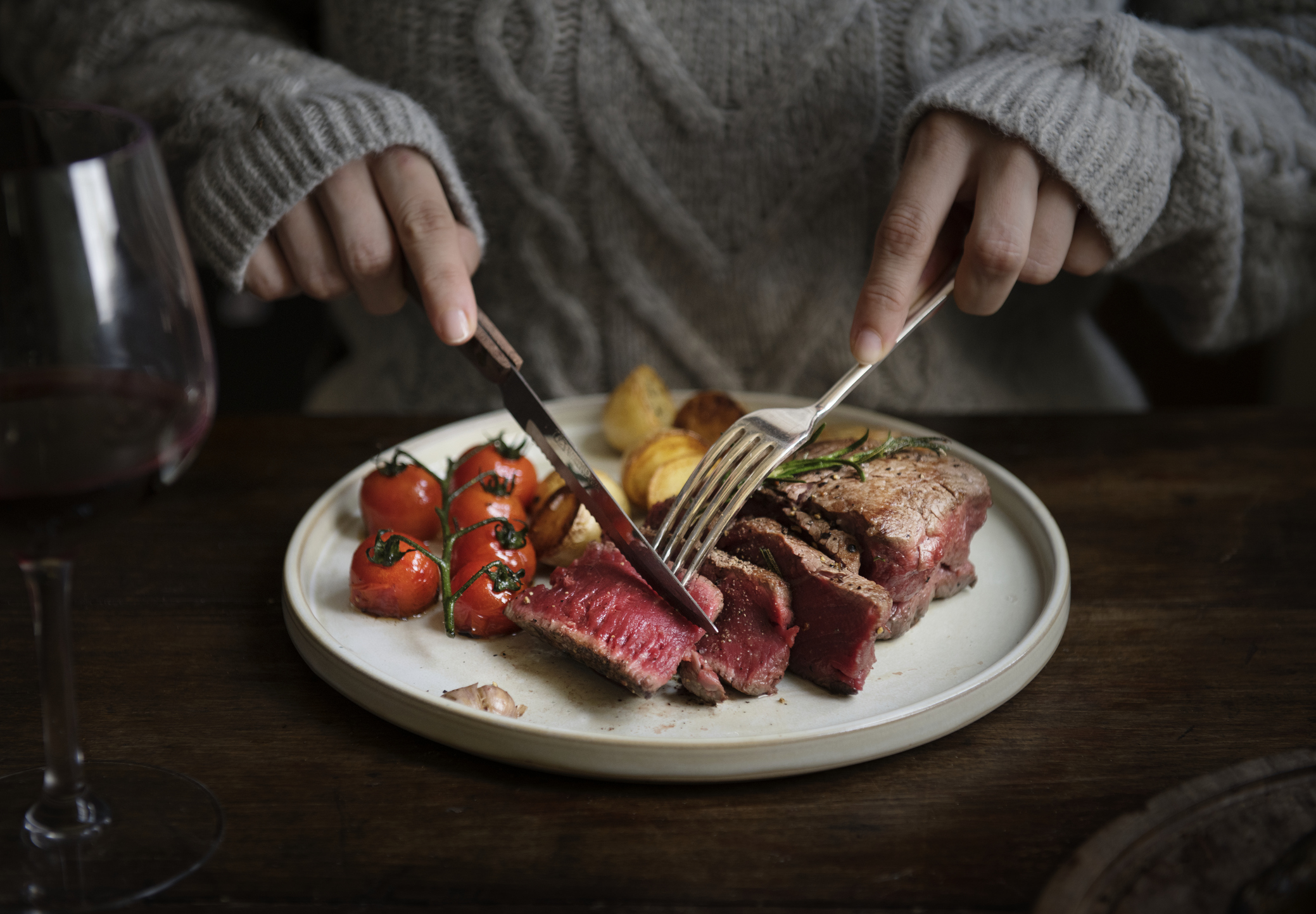Nancy D Turner and Shannon K Lloyd
Nutrition & Food Science Department, Texas A&M University, TX 77843-2253, USA; Department of Veterinary Pathobiology, Texas A&M
University, TX 77843-2253, USA
Corresponding author: Nancy D Turner. Email: [email protected]
Abstract
A role for red and processed meat in the development of colorectal cancer has been proposed based largely on evidence from observational studies in humans, especially in those populations consuming a westernized diet. Determination of causation specifically by red or processed meat is contingent upon identification of plausible mechanisms that lead to colorectal cancer. We conducted a systematic review of the available evidence to determine the availability of plausible mechanistic data linking red and processed meat consumption to colorectal cancer risk. Forty studies using animal models or cell cultures met specified inclusion criteria, most of which were designed to examine the role of heme iron or heterocyclic amines in relation to colon carcinogenesis. Most studies used levels of meat or meat components well in excess of those found in human diets. Although many of the experiments used semi-purified diets designed to mimic the nutrient loads in current westernized diets, most did not include potential biologically active protective compounds present in whole foods. Because of these limitations in the existing literature, there is currently insufficient evidence to confirm a mechanistic link between the intake of red meat as part of a healthy dietary pattern and colorectal cancer risk.

